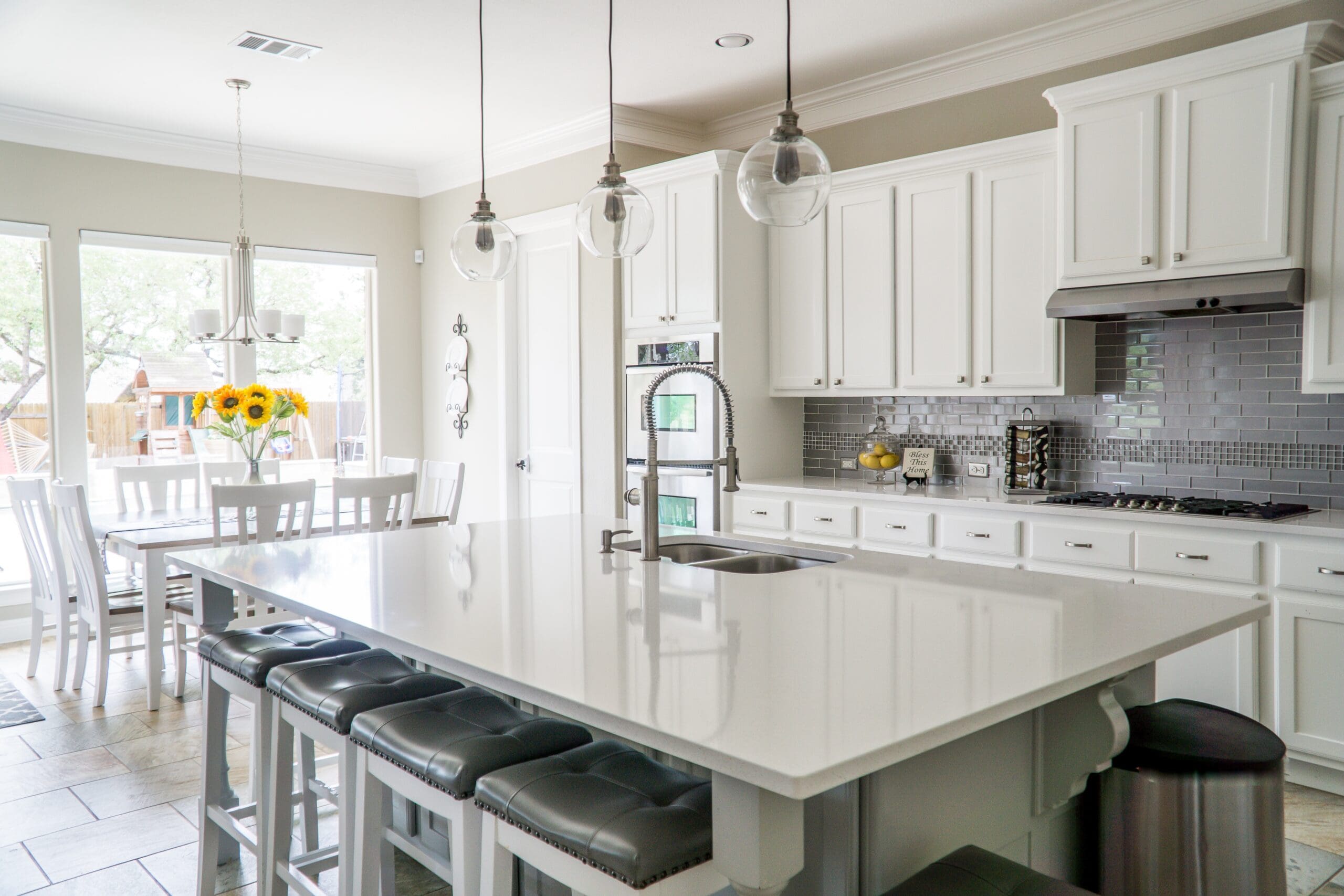Home prices rose in more than 80% of U.S. metro areas in the first quarter of 2025 — even as affordability remained stretched and fewer markets posted double-digit gains.
According to the National Association of Realtors (NAR), 189 of 228 metro areas (83%) saw year-over-year increases in the median price for existing single-family homes. That’s a slight decline from 89% in the fourth quarter of 2024.
The national median price rose 3.4% from a year earlier to $402,300. In contrast, the previous quarter saw a 4.8% annualized increase.
“Most metro markets continue to set new record highs for home prices,” NAR chief economist Lawrence Yun said in a statement. “In the first quarter, the Northeast performed best in both sales and price gains by percentage.”
Northeast leads price growth
The Northeast saw the strongest yearly price growth among U.S. regions at 10.3%, followed by the Midwest (+5.2%), West (+4.1%) and South (+1.3%).
Despite accounting for nearly 45% of the nation’s existing-home sales, the South lagged in price growth and saw sales decline.
Among all metro areas tracked, 11% recorded double-digit price increases, down from 14% in the previous quarter. And in the largest metro areas, the biggest annualized gains occurred in Syracuse, New York (+17.9%); Montgomery, Alabama (+16.1%); and Youngstown, Ohio (+13.6%).
California stands out for costs
Eight of the 10 most expensive metro areas were in California. The San Jose area remained the most expensive with a median price of more than $2 million. Other costly California metros included Anaheim, San Francisco and San Diego.
Beyond California, the metro areas of Honolulu, Hawaii, and Naples, Florida, also ranked among the priciest markets.
“Very expensive home prices partly reflect multiple years of home underproduction in those metro markets,” Yun said. “Another factor is the low homeownership rates in these areas, implying more unequal wealth distribution.”
Home prices fell in 17% of markets, up from 11% in the prior quarter.
Yun noted that some previously declining markets — including Boise, Idaho; Las Vegas; Salt Lake City; San Francisco; and Seattle — have started to rebound.
Others, such as Austin, San Antonio and several Florida metros, may follow suit as job growth continues.
Affordability remains a concern
Affordability improved marginally but remains strained. The monthly mortgage payment on a median-priced home with a 20% down payment was $2,120 — up 4.1% from a year ago.
That payment represented 24.4% of a family’s income, a slight improvement from the previous quarter.
First-time homebuyers faced similar trends. The monthly cost of a starter home (assuming 10% down) was $2,079, also up 4.1% from a year earlier. These buyers typically spent 36.8% of their income on housing.
To qualify for a 10% down payment mortgage, a family needed to earn at least $100,000 in nearly half of all markets. And only 3.1% of markets were affordable for households earning less than $50,000.



















 English (US) ·
English (US) ·